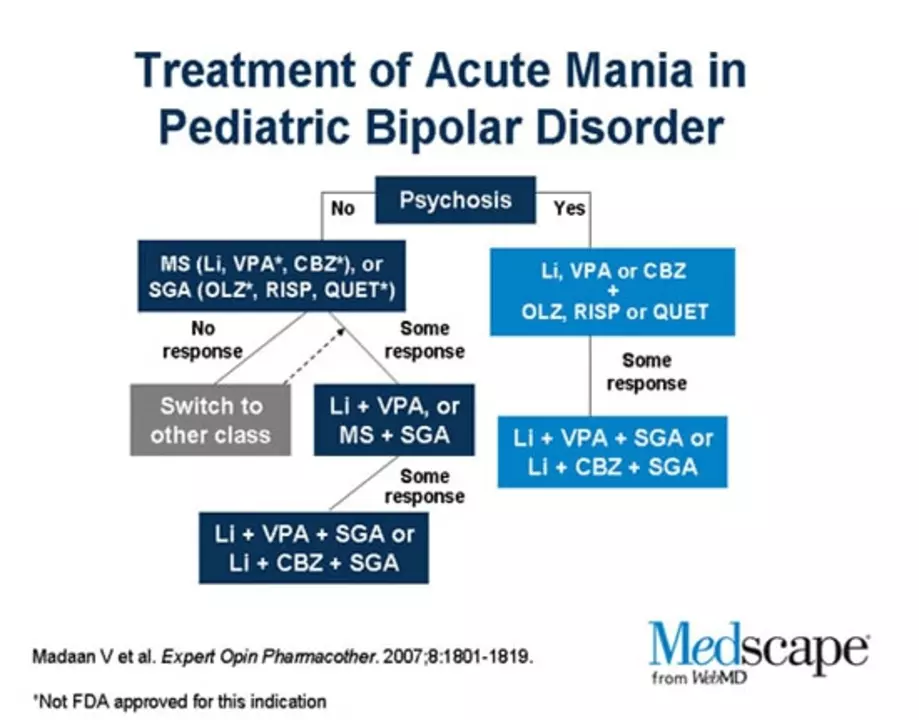Treatment‑Resistant Schizophrenia: Simple Facts and Helpful Tips
If you or someone you know has schizophrenia that doesn’t get better with the usual medicines, you’re looking at what doctors call treatment‑resistant schizophrenia (TRS). It’s not a new disease – it’s the same condition – but the standard drugs aren’t doing the job. Knowing why this happens and what choices exist can make life less frustrating.
Why Some People Don't Respond to First‑Line Antipsychotics
The first medicines prescribed for schizophrenia are often called atypical antipsychotics – think risperidone, olanzapine, or aripiprazole. For many folks they work fine, but about 30% of patients keep having symptoms like hallucinations, delusions, or disorganized thinking even after trying two different drugs at the right dose for six weeks.
There are a few reasons this can happen. Genetics may affect how your brain processes the drug. Sometimes the illness itself is more severe, or other health problems (like substance use) interfere. Poor adherence – missing doses because of side effects or forgetfulness – also looks like resistance.
Effective Options When Standard Meds Fail
The go‑to choice for TRS is clozapine. It’s the only antipsychotic proven to help people who haven’t improved with other drugs. Clozapine does need regular blood tests because it can affect white blood cells, but many patients see big drops in hallucinations and mood swings.
If clozapine isn’t an option or you want extra support, doctors may add another medication – called augmentation. Common additions are low‑dose antidepressants, mood stabilizers like lamotrigine, or even a second antipsychotic for a short period. Each combo has its own risk, so close monitoring is key.
Therapy matters too. Cognitive behavioral therapy (CBT) tailored for psychosis helps people challenge scary thoughts and develop coping skills. Family education programs reduce stress at home and improve medication adherence.
Lifestyle tweaks can boost results. Regular sleep, balanced meals, and gentle exercise lower stress hormones that can worsen symptoms. Avoiding alcohol and recreational drugs removes extra triggers that make meds less effective.
When you notice warning signs – sudden increase in voice‑hearing, new paranoid ideas, or dropping out of daily routines – reach out to a psychiatrist right away. Early action prevents hospitalizations and keeps treatment plans on track.
Bottom line: Treatment‑resistant schizophrenia isn’t hopeless. Clozapine, smart drug combos, therapy, and healthy habits together give many people the chance to feel steadier and more in control. Talk openly with your doctor about side effects, blood‑test schedules, and any concerns you have. The right plan can turn a tough situation into a manageable one.
